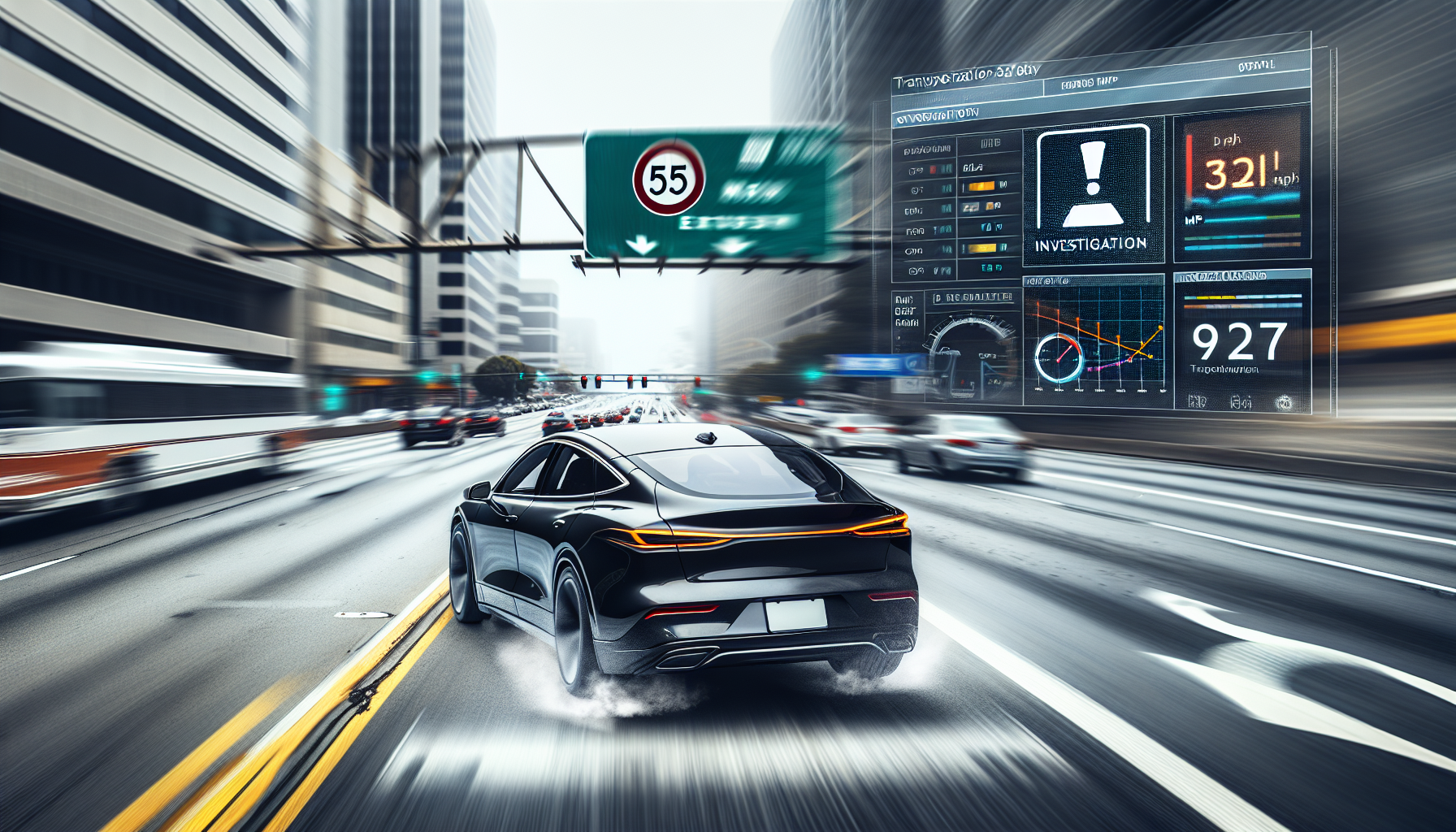The National Highway Traffic Safety Administration is seeking information from Tesla about its new 'Mad Max' mode in the Full Self-Driving system, which allows vehicles to exceed speed limits. This inquiry comes amid a broader investigation into traffic violations involving the technology. Drivers report aggressive behaviors like high speeds and rolling stops.
On October 24, 2025, the National Highway Traffic Safety Administration (NHTSA) announced it is contacting Tesla to gather details on the 'Mad Max' mode, a new setting in the company's Full Self-Driving (FSD) software version 14.1.2. This mode, reintroduced from a 2018 Autopilot beta test, enables higher speeds and more frequent lane changes compared to other profiles like 'Hurry,' 'Standard,' 'Chill,' and the new 'Sloth.' Social media users have shared videos showing Teslas reaching 85 mph on freeways with 65 mph limits, 75 mph in 50 mph zones, and 65 mph in 35 mph areas, often ignoring speed limit displays.
NHTSA emphasized that 'the human behind the wheel is fully responsible for driving the vehicle and complying with all traffic safety laws.' The agency is reviewing whether the mode encourages violations such as exceeding speed limits or abrupt maneuvers. This follows an earlier October 2025 probe into 2.9 million Tesla vehicles equipped with FSD, based on 58 reports of issues including 14 crashes and 23 injuries. Specific concerns include six incidents where FSD-engaged vehicles ran red lights, leading to collisions.
Tesla has not directly commented but reposted a social media description: 'Mad Max mode is INSANE. It drives your car like a sports car. If you are running late, this is the mode for you.' The company markets FSD as requiring active supervision and minimal intervention, classifying it as Level 2 automation. Critics like software entrepreneur Dan O’Dowd argue it endangers others, stating, 'Rather than improving road safety, Tesla’s latest software update is putting more people at risk.' Tesla faces ongoing scrutiny, including a 2022 recall of over 50,000 vehicles for a 'rolling stop' feature and a Department of Justice investigation into misleading claims about self-driving capabilities.
In its third-quarter 2025 report, Tesla noted one crash per 6.36 million miles with Autopilot engaged, compared to one per 720,000 miles for all US vehicles.

